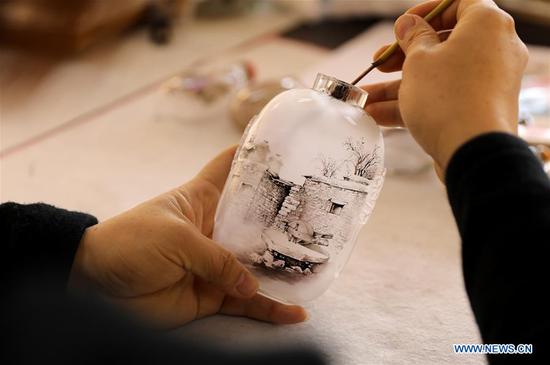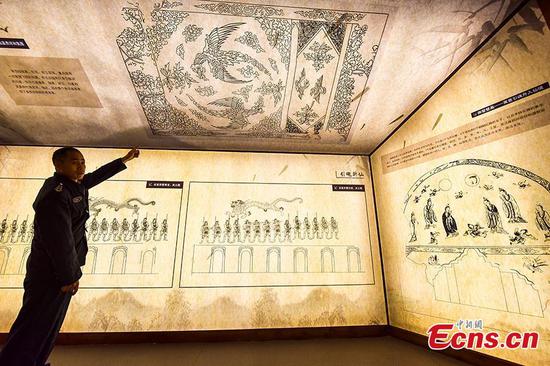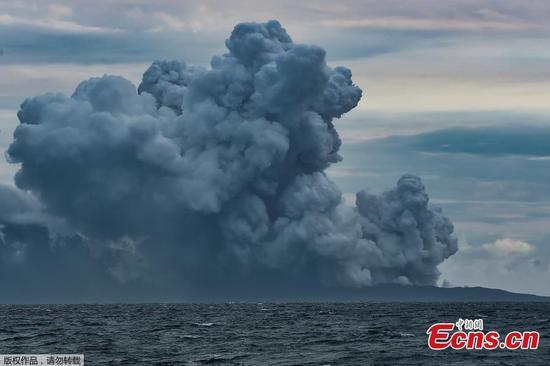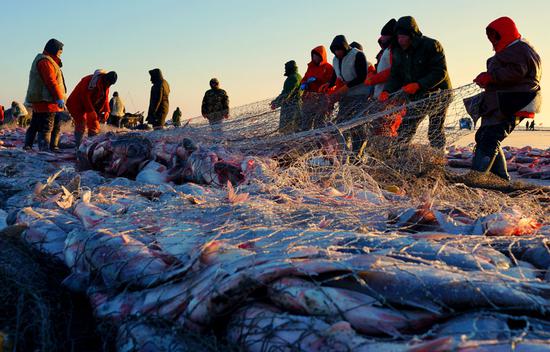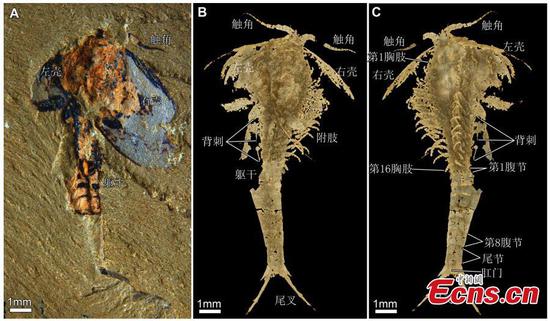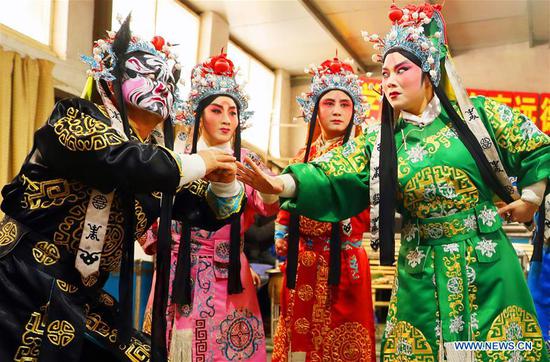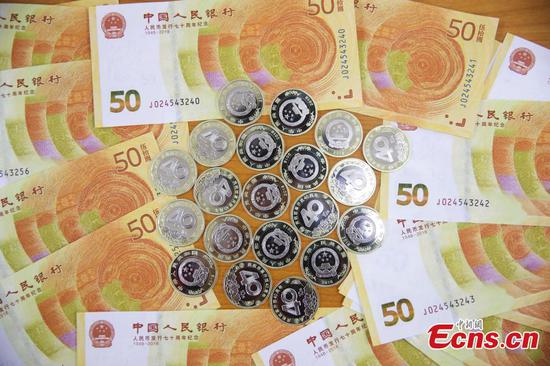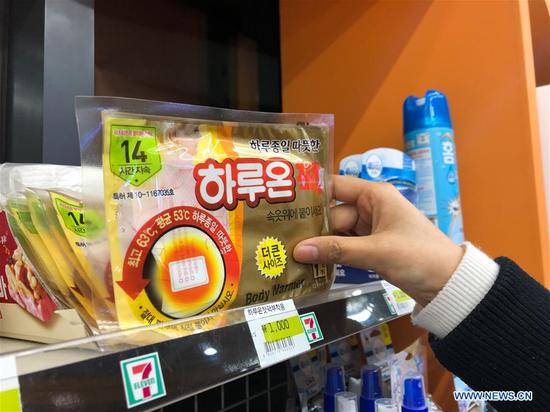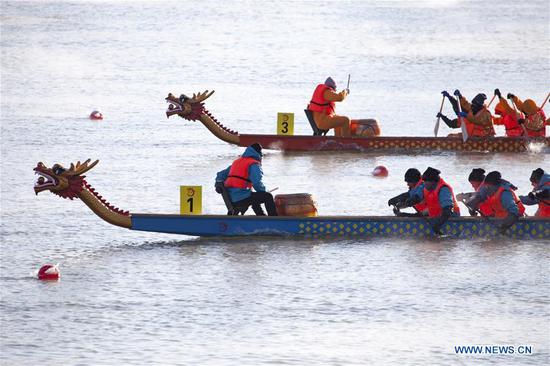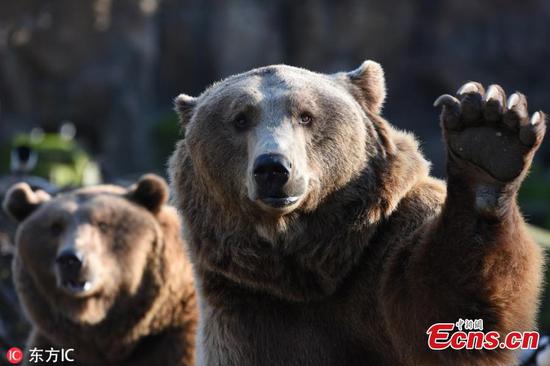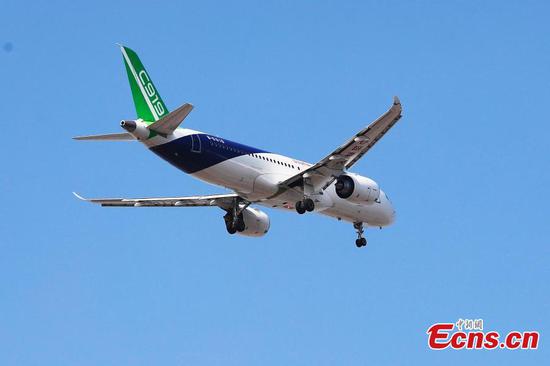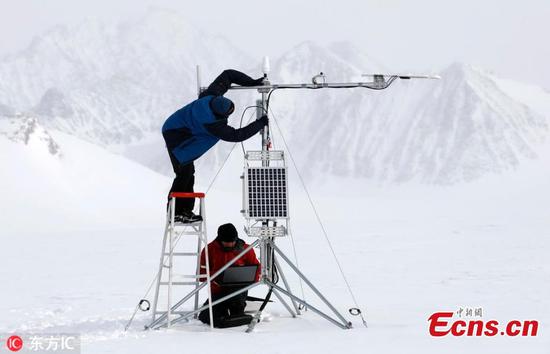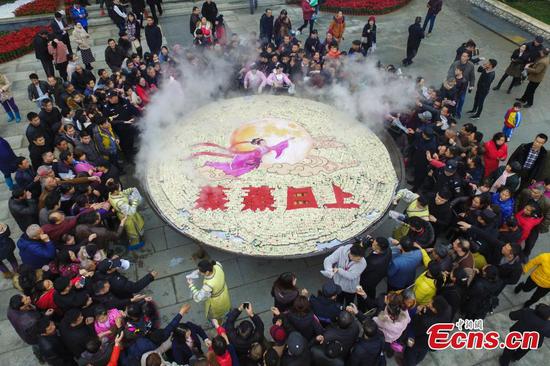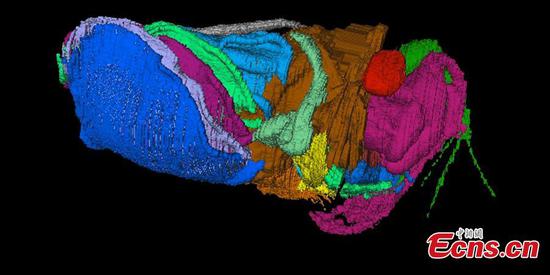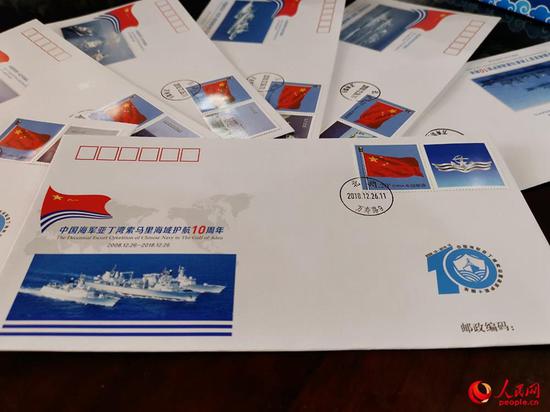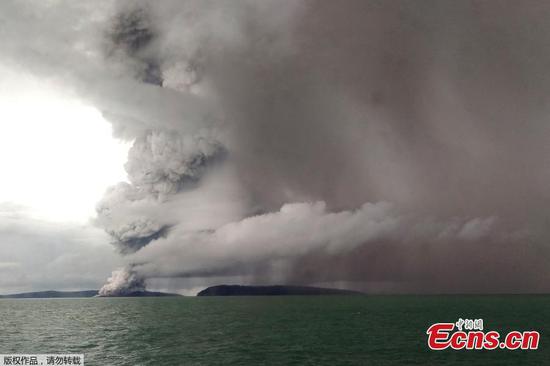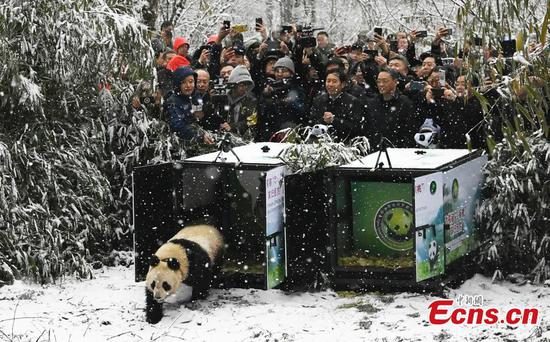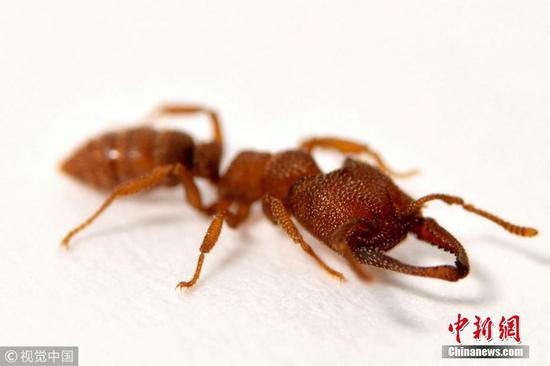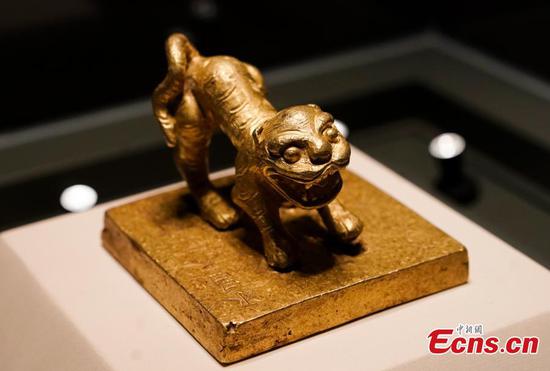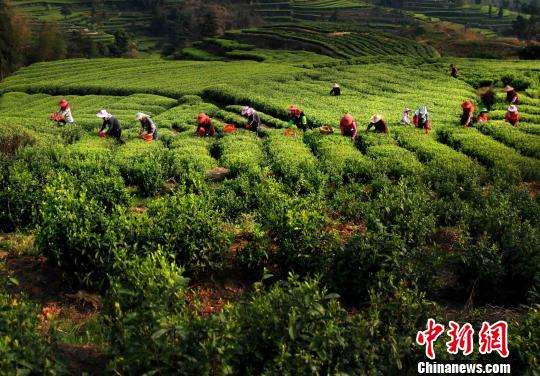
File photo/China News Service
Huang Shenghui, an inheritor of the Wuyi rock tea-making technique in eastern China's Fujian Province, has seen his business, especially tea exports, grow in recent years.
He now sells Wuyi rock tea, a type of oolong tea, to 10 countries including Malaysia, the Republic of Korea, Britain, the United States and Australia.
His new found success all started nearly two decades ago when Huang went to Kuala Lumpur with 30 kg of tea in 2001.
"It was like an adventure since I had never been abroad and didn't know any foreign languages. I was afraid," he said.
To his surprise, the rock tea he brought turned out to be popular in Malaysia, and he soon sold out. "I got my first bucket of gold, and more importantly, I found a new market," he said.
Tea trade played an important role on the ancient lands and maritime Silk Road. Today, under the Belt and Road Initiative proposed in 2013, more and more Chinese tea companies are also seeking opportunities abroad.
BAMA Holding Group Company Limited, a tea company based in Fujian, has seen increased tea export in recent years.
"The company's foreign trade turnover has been increasing, with our tea gradually entering the high-end markets in Southeast Asian and European countries as well as the United States," said Wang Wenji, the company's general manager.
"We've only just come to realize that many foreigners are, in fact, interested in Chinese tea and its culture," he said.
"From a single leaf to a cup of tea, Chinese tea and the traditional process of making Chinese tea are amazing. My friends and I all like to drink Chinese tea," said Christian Ress, a visitor to Fujian from Germany.
"I have shot videos and can't wait to share it with my family and friends," he said after witnessing the process of making Chinese tea from start to finish.
In order to cater to the overseas market, Chunlun, another tea company in Fujian, developed jasmine green tea powder which has also gained popularity.
"Last year, we had a trade volume of over 5 million yuan (727,220 U.S. dollars) from selling jasmine green tea powder abroad," said Fu Tianfu with the company.
"Jasmine green tea is a not a newcomer to the maritime Silk Road; it was the tea that the Chinese explorer Zheng He brought with him on his expeditions 600 years ago," he said.
"The Belt and Road Initiative has brought opportunities for us to sell jasmine green tea to the world," he added. According to Fu, the company has set up shops in Russia, France and Switzerland.
Since May 2016, with support from the Fujian provincial government, tea promotion activities have been held in European and Southeast Asian countries. Statistics show that the province's tea export reached 20,000 tonnes and was worth 240 million dollars last year.
According to the China Tea Marketing Association (CTMA), it is estimated that China's tea export will exceed 330,000 tonnes, with an export trade volume of about 1.5 billion dollars in 2018.
"We hope that more and more Chinese tea companies can enter the market overseas and well present Chinese tea culture, and that the charm of Chinese tea can win the heart of the world," said Wang Qing, CTMA president.











